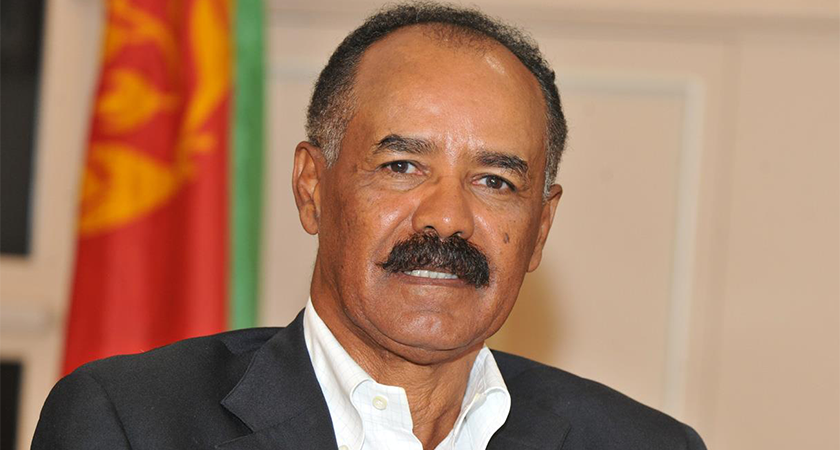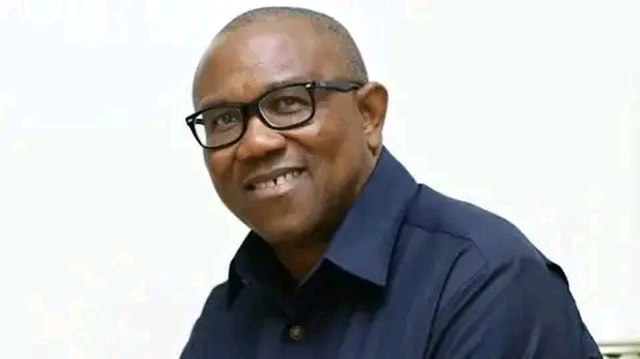One of Africa’s most controversial leaders, the late Jerry John Rawlings of Ghana, was initially a revolutionary populist. He later became adept at winning power via multi-party liberal democracy, the very system he wanted to do away with. Jeffrey Haynes examines if Rawlings’ change of heart was a sincere political conversion, or cynical, self-serving behaviour.
Jerry John Rawlings and the coups
In 1957, Ghana became the first sub-Saharan African country to gain independence from British rule. Beginning with high hopes under the charismatic leadership of Kwame Nkrumah, Ghana became a basket case in the 1960s: a plummeting economy, soaring inflation, and a political system built on politicians’ corruption and empty rhetoric.
A military coup ended civilian leadership in 1972, but the situation in Ghana continued to deteriorate. Flight Lieutenant Jerry John Rawlings, a young air force officer, had had enough. In May 1979, he tried to grab power by coup d’état and failed. He tried again a few weeks later – and succeeded.
He didn’t stay in power for long. His military government, the Armed Forces Revolutionary Council, soon handed over to an elected civilian government. But Rawlings warned the new president, Hilla Limann, that he was watching him and his government. If they didn’t promptly improve life for Ghanaians, he’d be back.
Limann failed to improve things. Rawlings took power again with another coup on 31 December 1981. He stayed in power for the next 20 years – first by the gun, and later by the ballot box.
Rawlings proclaimed he would radically reorganise Ghana’s political system via revolution. But he had no clear idea how he would change things or what precise form the new revolutionary order would take.
He initially experimented with thousands of local, self-organised, Defence Committees, created the length and breadth of Ghana. The Defence Committees were highly divisive a most Ghanaians disliked and distrusted them. After failing to develop the Defence Committees as revolutionary vehicles, Rawlings was heavily dependent on military support to stay in power.
From revolutionary populism to multi-party democracy
Many Ghanaians were baffled by Rawlings so-called revolution and revolted by the Rawlings regime’s strong-arm tactics, which sought to quell political dissent and improve the economy. Soldiers tried to force market traders to sell goods at ‘affordable’ prices. Civilians who wanted to protest regime excesses and the lack of democracy were afraid to speak out. The country endured a ‘culture of silence’, with political dissent silenced.
Rawlings’ regime, the Provisional National Defence Council (PNDC), turned out to be anything but provisional: it stayed, unelected, and largely unloved, for a decade. The PNDC failed to build popular support for two main reasons: first, it was democratically unaccountable. Second, after 1983 an International Monetary Fund-supported ‘economic recovery programme’ led to increased economic hardships for most ‘ordinary’ Ghanaians.
Multi-party democracy returned in 1993, following a referendum a year earlier. An overwhelming majority voted for a return to the political system that Rawlings overthrew in 1981. To remain in power, Rawlings moved ideologically from being a fiery revolutionary to a politician adept at winning elections. He did this by convincing a majority of Ghanaians that he was a strong and capable leader who would build Ghana’s prosperity and security. Rawlings was elected president in relatively free and fair elections in 1992 and again in 1996. He was constitutionally bound to step down after two four-year presidential terms, which he did.
Following Rawlings’ presidency, multi-party democracy has thrived in Ghana. According to the US National Intelligence Council: ‘Following two decades of rule under Jerry Rawlings, Ghana … emerged as one of Africa’s most liberal and vibrant democracies, reclaiming a position of political leadership on the continent’. Freedom House designated Ghana as ‘free’ in 2022: one of a handful of Africa’s 54 countries so described.
A revolution voted out
Rawlings’ revolutionary populism did not develop as he envisaged: a popular democracy, with a pyramidal structure emanating from the grassroots and culminating in a popularly elected national people’s parliament. Instead, the country returned to multi-party democracy, the political system he overthrew so disdainfully in 1981.
It could be that Rawlings’ lacked the ideological and institutional capacity to develop a viable popular democracy. The nature of his preferred political system was not clarified, and most Ghanaians failed to understand what he sought to develop. His fuzzy desire to craft a new political system was no match for the wish of opposition forces – both internal and external – to return to multi-party democracy. They knew what they wanted, he did not.
Rawlings died in November 2020, reportedly of covid-19, and his political legacy divides Ghanaians. Some regard him as a reprehensible military dictator, who presided over a lengthy period of significant political oppression involving disappearances and incarceration of opposition figures, substantial media repression, and a ‘culture of silence’.
Others regard Rawlings as a national hero. He is widely known as ‘Junior Jesus’ and ‘Papa Jerry’, second only to Ghana’s first post-independence president, Kwame Nkrumah in national estimation. Rawlings is widely credited with saving the country from economic ruin in the 1980s, and for facilitating the return to democracy.
Although Rawlings failed to develop his vision of popular or ‘true’ democracy, the Defence Committees have remained important for Ghana’s democratic development. Defence Committees and their successors, Committees for the Defence of the Revolution (CDRs), were a crucial bridge between Rawlings’ unelected civilian-military regime in the 1980s and the subsequent liberal democracy. They were important institutional bases of Rawlings’ political party, the National Democratic Congress (NDC), created in 1990 to fight that year’s presidential and parliamentary elections, which Rawlings won.
The anti-Rawlings opposition responded to form a rival party, the New Patriotic Party (NPP). The NPP gained power in January 2001, when Rawlings stood down as president. Over the following two decades, the NPP and NDC have alternated in power.
Democracy in Ghana today
The next presidential and parliamentary elections are due in late 2024. Power is expected to switch again from the NPP to the NDC, because of a failing economy and often egregious corruption among the ruling elite.
Today, many Ghanaians would agree with the sentiments Rawlings expressed nearly 40 years ago: popularly elected governments in Ghana are most notable for their elected leaders’ corruption and economic failures.
According to an interview with Rawlings in 1984, elected governments in Ghana provide ‘no real opportunity for participation. The ballot box was used to usurp the people’s power, allowing them only a meaningless choice, making spectators out of us, after which people could only look on helplessly as the politicians lined their own pockets and thereby systematically destroyed the social and economic fabric of the nation’.
In other words, elites hijack Ghana’s multi-party democracy for their own selfish ends. Rawlings wanted a popular democracy to change things for the better for the mass of ordinary people. He failed to develop a new, radical political system in Ghana. What he wanted: a representative government with the people’s interests at heart, is still far from being a reality in Ghana.
Photo credit: AMISOM Public Information used with permission CC0 1.0





